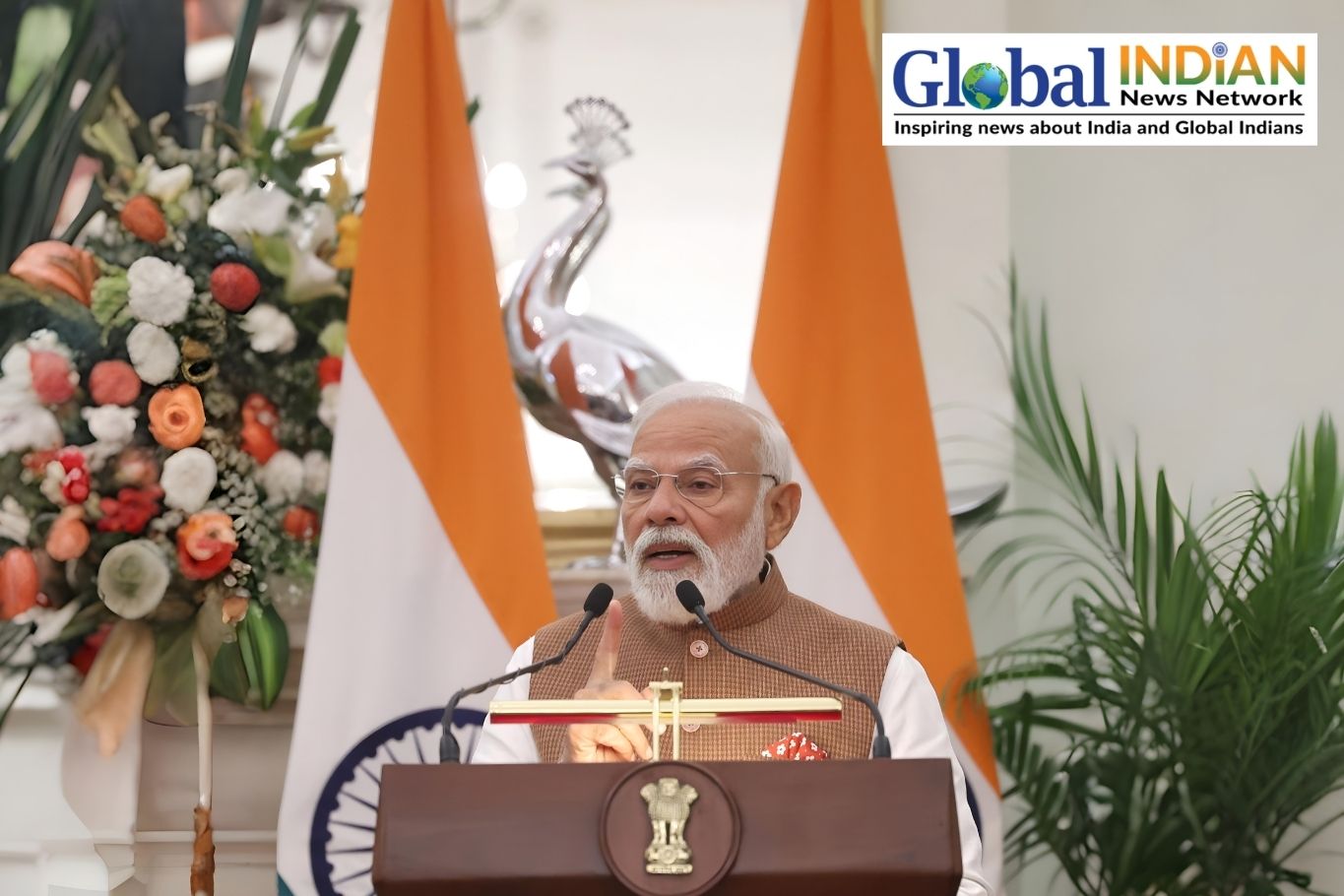 During a virtual G20 summit hosted by Indian PM Narendra Modi, Canadian Prime Minister Justin Trudeau raised concerns about upholding the “rule of law.” Although Trudeau’s office didn’t directly address the reported threat to the life of Gurpatwant Pannun, a US-Canadian dual citizen and the general counsel of Sikhs for Justice, it emphasized the importance of the rule of law. Trudeau, when questioned about the alleged threat, stated that Canada has been working closely with allies, including the US. The reported plot involved Indian agents and was either abandoned or foiled by the FBI.
During a virtual G20 summit hosted by Indian PM Narendra Modi, Canadian Prime Minister Justin Trudeau raised concerns about upholding the “rule of law.” Although Trudeau’s office didn’t directly address the reported threat to the life of Gurpatwant Pannun, a US-Canadian dual citizen and the general counsel of Sikhs for Justice, it emphasized the importance of the rule of law. Trudeau, when questioned about the alleged threat, stated that Canada has been working closely with allies, including the US. The reported plot involved Indian agents and was either abandoned or foiled by the FBI.
The US National Security Council raised the issue with the Indian government during Modi’s visit to Washington in June. Pannun, targeted in the alleged plot, considered it transnational terrorism, accusing India of using mercenaries against pro-Khalistan Sikhs. He emphasized his focus on organizing the American phase of the Khalistan Referendum, scheduled for January 28, 2024. The MEA acknowledged concerns raised during recent India-US security discussions, indicating follow-up actions.
Despite facing charges and being labeled a terrorist in India, Pannun’s legal status remains untested in Canadian or American courts. His denial of using violence contradicts India’s stance. The killing of Hardeep Singh Nijjar, a key SFJ figure in British Columbia, strained India-Canada relations. Trudeau’s mention of a potential link between Nijjar’s murder and Indian agents led to tensions, with India dismissing the allegations as “absurd” and “motivated.” The investigation continues, with Canada seeking India’s cooperation, citing IHIT in BC. India, however, claims no evidence has been provided to support the allegations.










